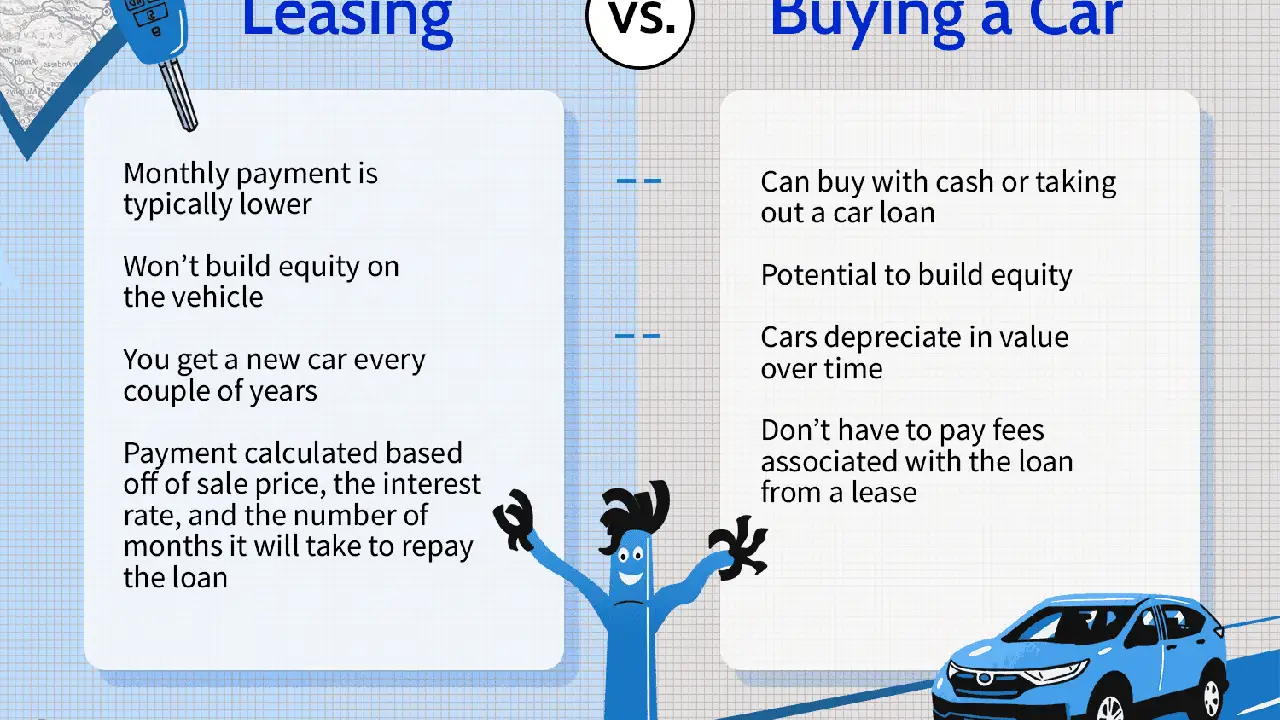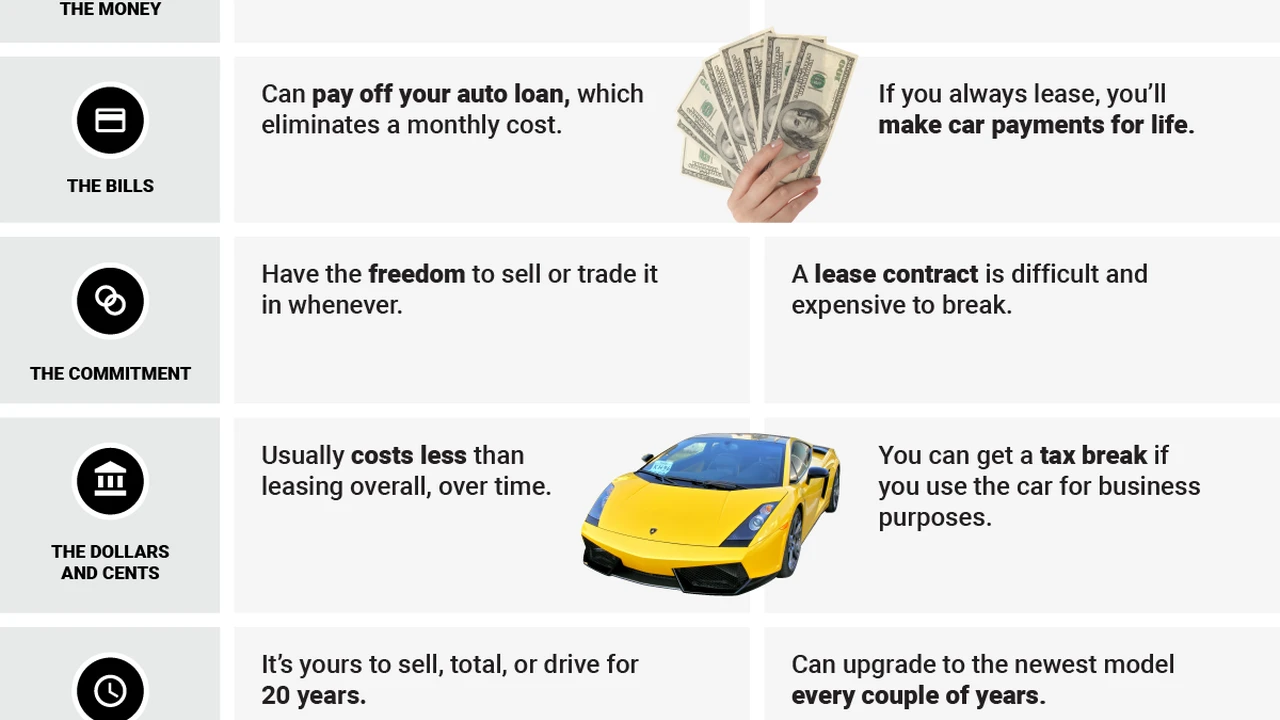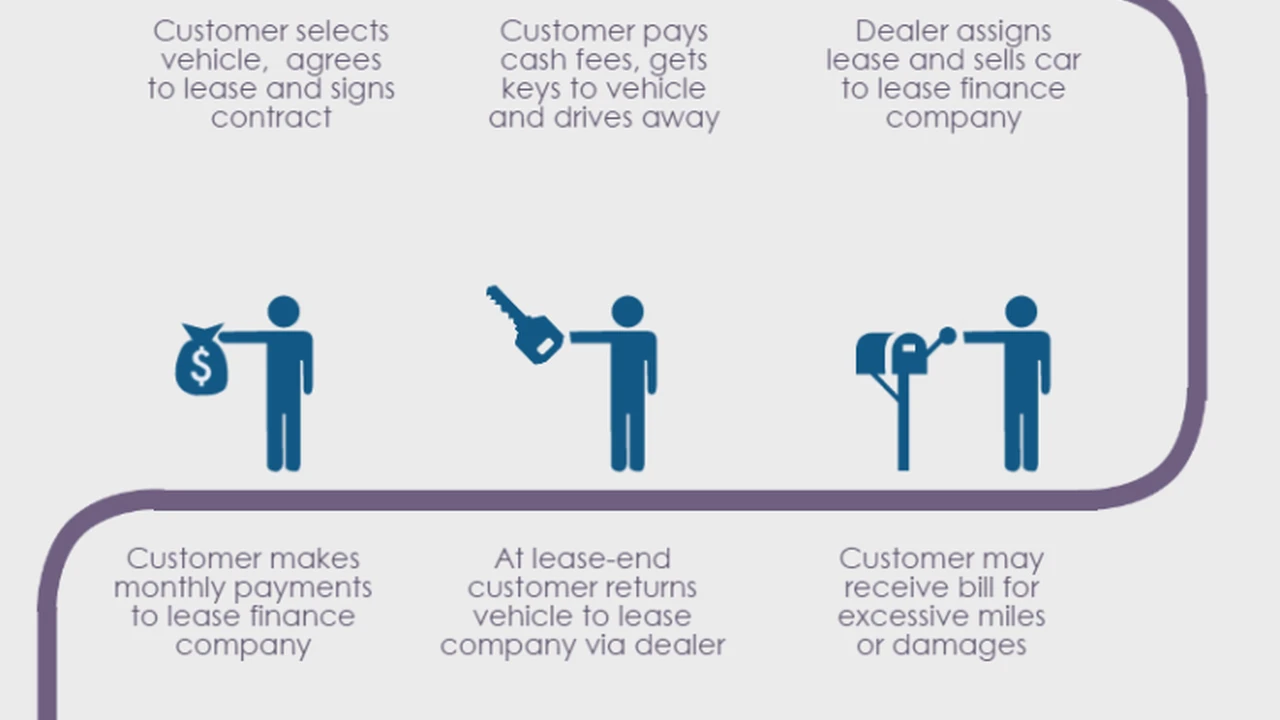Long-Term Car Rentals vs. Car Leasing

Understanding Your Car Transportation Needs Car Rental Options
Okay, so you're thinking about getting a new ride, but the whole buying thing feels a bit…permanent? Maybe you’re only in town for a while, or perhaps you just don’t want the commitment of owning a car. That’s cool! You’ve probably stumbled upon the terms "long-term car rental" and "car leasing." They sound similar, right? But trust me, they're definitely not twins. Let's break down what each one actually *is*.
Long-term car rentals are basically what they sound like: renting a car for a longer period than your typical vacation rental. We're talking weeks, months, even a year or more! Think of it as a subscription service for a car. You pay a fee, you get the car, and when you're done, you give it back. Easy peasy. These are often offered by traditional rental companies, like Hertz, Enterprise, Avis, and Budget, as well as some smaller, regional players.
Car leasing, on the other hand, is more like a long-term rental agreement with a specific company (usually a car manufacturer's financing arm, like BMW Financial Services or Toyota Financial Services). You’re essentially paying for the *use* of the car for a set period, usually two to three years. At the end of the lease, you return the car. You don't own it. There's often an option to *buy* the car at the end of the lease for a predetermined price, but that’s a separate transaction.
Cost Breakdown Long Term Car Rental vs Car Lease Financial Implications
Alright, let's talk money. This is where things get interesting. The cost of both long-term car rentals and car leases can vary wildly depending on several factors:
* **The Car:** Obviously, a shiny new SUV is going to cost more than a compact economy car, regardless of whether you're renting or leasing. * **The Rental/Lease Period:** The longer you rent or lease, the lower the monthly cost *might* be, but you'll be paying for a longer overall period. * **Mileage Limits:** Leases almost always have mileage limits. Go over, and you'll be charged a per-mile fee. Some long-term rentals also have mileage limits, so read the fine print! * **Insurance:** You'll need insurance for both. With a lease, you'll typically be required to carry full coverage. With a long-term rental, you might be able to use your own insurance, or the rental company might offer coverage. * **Wear and Tear:** Normal wear and tear is usually covered, but excessive damage (scratches, dents, etc.) will cost you. * **Fees:** Leases often have upfront fees (acquisition fee, security deposit) and disposition fees (when you return the car). Long-term rentals might have similar fees, so be sure to ask about them.Generally speaking, long-term car rentals might seem cheaper upfront, especially for shorter periods (a few months). However, over the long haul (a year or more), leasing *can* sometimes be more cost-effective, especially if you don't drive a ton of miles and take good care of the car. The *total* cost of ownership (or, in this case, *use*) is what matters.
Flexibility and Commitment Long Term Car Rentals for Short Term Needs
This is where long-term car rentals really shine. They offer a ton more flexibility than leases. Need a car for three months while you're working on a project in a different city? Long-term rental is perfect. Want to try out a certain type of car before committing to buying one? Long-term rental lets you do that. Your life situation changes? You can usually return the car with minimal hassle (check the cancellation policy, though!).
Leases, on the other hand, are a commitment. Breaking a lease can be expensive, involving early termination fees and potentially damage to your credit score. They're really designed for people who know they'll need a car for a specific period and are willing to stick with it.
Maintenance and Repairs Who Pays What Long Term Car Rental vs Car Leasing Responsibilities
Okay, your car needs an oil change. Who's paying? With a lease, you're typically responsible for routine maintenance, like oil changes, tire rotations, and brake pads. The leasing company usually covers major repairs covered under the manufacturer's warranty.
With a long-term car rental, the rental company *usually* takes care of most maintenance and repairs. This is a huge advantage! You don't have to worry about unexpected repair bills. However, you're still responsible for damage caused by your negligence (e.g., hitting a curb). Read the rental agreement carefully to understand your responsibilities.
Insurance Requirements and Coverage Long Term Car Rental Insurance Options
As mentioned earlier, you'll need insurance for both long-term rentals and leases. Leases typically require full coverage (liability, collision, and comprehensive). Long-term rentals might allow you to use your own insurance, but the rental company might also offer supplemental coverage. It's crucial to understand what your insurance covers and whether you need additional protection. Talk to your insurance provider to see what your policy covers and what the minimum requirements are for the state you'll be driving in.
Vehicle Selection and Availability Car Model Choices for Long Term Use
With a lease, you usually get to choose the exact car you want (within the leasing company's offerings, of course). You can pick the color, options, and trim level. With a long-term rental, your choices might be more limited. You'll typically choose from a category of car (e.g., compact, sedan, SUV), and the rental company will assign you a vehicle within that category based on availability. You might not get the exact make and model you want.
Specific Product Recommendations and Comparisons for Long Term Car Solutions
Okay, let's get down to brass tacks. Here are a few options to consider, along with some comparisons:
Enterprise Car Subscription
Enterprise offers a car subscription service that falls somewhere between a traditional long-term rental and a lease. It's a month-to-month agreement that includes insurance, maintenance, and roadside assistance. You can swap out your car every month or so, which is a nice perk. Pricing varies depending on the vehicle and location, but expect to pay anywhere from $600 to $1200 per month. The beauty is the flexibility. Need a truck for a weekend project? Swap it out! Tired of your sedan and want an SUV for a road trip? You got it!
Hertz Multi-Month Rental
Hertz offers long-term rentals for periods of 30 days or more. Their rates are often competitive, and they have a wide selection of vehicles. Insurance is often extra, so factor that into your budget. You might find deals on older models, which can significantly reduce the cost. This is a good option if you need a car for a specific project or temporary relocation.
Fair
Fair is a mobile app that offers a different approach to car ownership. It's essentially a short-term lease that you can cancel at any time. You pay a start payment and a monthly fee, and the price includes insurance and maintenance. The selection is limited, but the convenience is a major selling point. Think of it as "Netflix for cars." You can browse available vehicles on the app, get approved quickly, and pick up your car at a local dealership.
Comparing the Options
Let's see how these stack up:
* **Flexibility:** Fair > Enterprise > Hertz * **Vehicle Selection:** Hertz > Enterprise > Fair * **Convenience:** Fair > Enterprise > Hertz * **Cost (generally):** Hertz < Enterprise < FairSpecific Car Recommendations and Use Cases
Here are a few cars that work well for long-term use, depending on your needs:
* **Toyota Corolla/Honda Civic:** These are great for commuting and everyday errands. They're reliable, fuel-efficient, and relatively inexpensive to rent or lease. Expect to pay around $400-$600 per month for a long-term rental, or $200-$300 per month for a lease (plus down payment and fees). Use Case: Daily commuting, errands, small families. * **Nissan Rogue/Toyota RAV4:** These compact SUVs offer more space and versatility than sedans. They're good for families, road trips, and carrying cargo. Expect to pay around $600-$800 per month for a long-term rental, or $300-$400 per month for a lease. Use Case: Family trips, carrying cargo, navigating various terrains. * **Ford F-150/Chevrolet Silverado:** If you need a truck for work or hauling, these are solid options. They're powerful and capable, but they can be expensive to rent or lease. Expect to pay around $800-$1200+ per month for a long-term rental, or $400-$600+ per month for a lease. Use Case: Work, hauling, off-roading.Pricing Examples (Estimates)
These are *rough estimates* and can vary widely based on location, availability, and credit score:
* **Toyota Corolla (Long-Term Rental):** $500/month * **Toyota Corolla (Lease):** $250/month + $2000 down payment + fees * **Nissan Rogue (Long-Term Rental):** $700/month * **Nissan Rogue (Lease):** $350/month + $2500 down payment + fees * **Fair (Compact Car):** $400 start payment + $550/monthMaking the Right Choice Evaluating Your Personal Needs and Financial Situation
Ultimately, the best choice for you depends on your individual needs and circumstances. Consider these questions:
* **How long do you need the car?** If it's less than a year, a long-term rental is probably the better option. * **How many miles do you drive?** If you drive a lot of miles, a long-term rental with unlimited mileage might be worth the extra cost. * **What's your budget?** Be realistic about what you can afford, and factor in all the costs (insurance, maintenance, fees). * **How important is flexibility?** If you need the ability to return the car at any time, a long-term rental or a service like Fair is the way to go. * **Do you care about having the latest model with all the bells and whistles?** Leases allow you to drive a brand new car every few years.Do your research, get quotes from multiple companies, and read the fine print carefully before making a decision. Good luck finding your perfect ride!
:max_bytes(150000):strip_icc()/277019-baked-pork-chops-with-cream-of-mushroom-soup-DDMFS-beauty-4x3-BG-7505-5762b731cf30447d9cbbbbbf387beafa.jpg)






